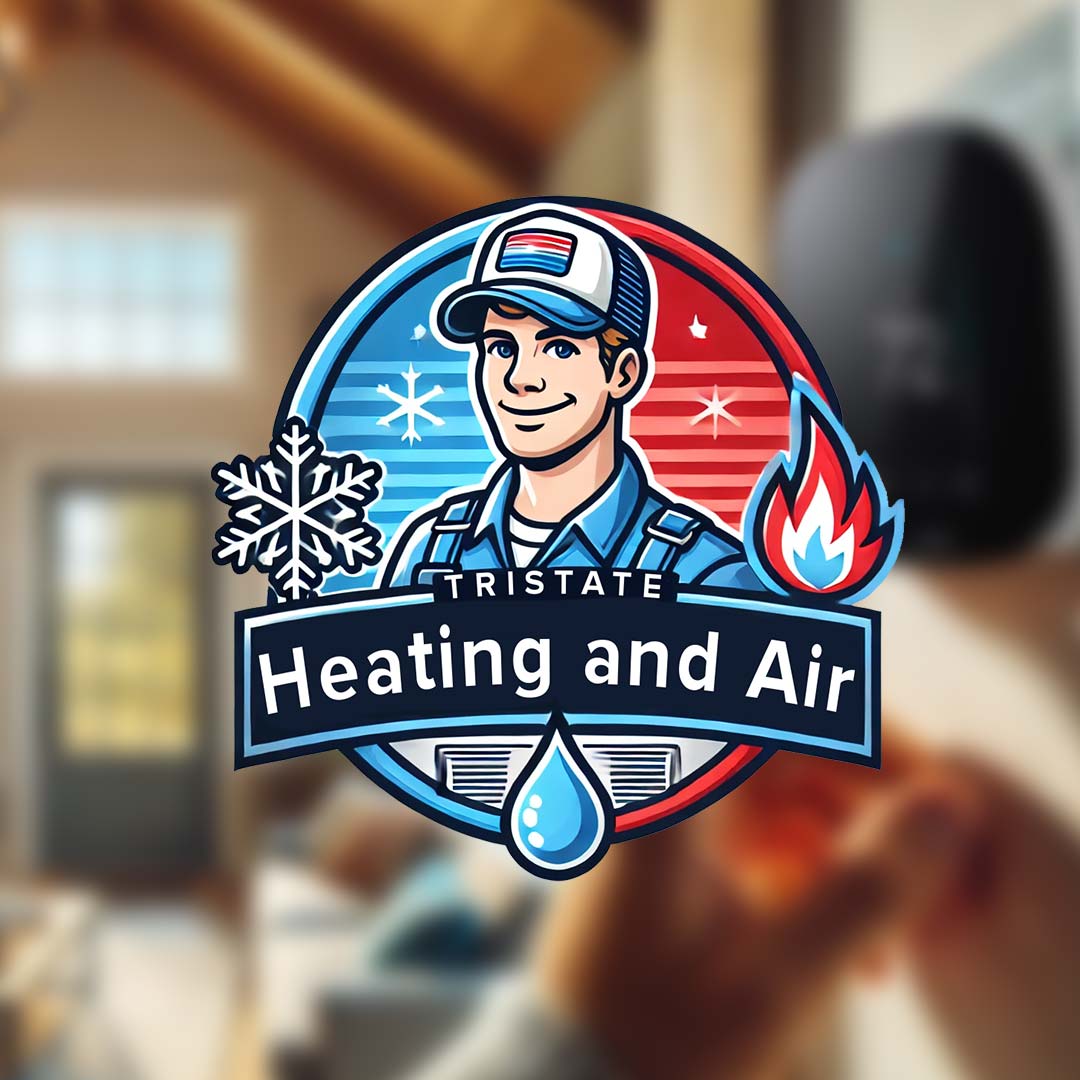Published: Aug 29, 2024

As we spend more time indoors, especially during the colder months, maintaining good indoor air quality becomes increasingly important. Poor air quality can lead to a variety of health issues, including allergies, respiratory problems, and overall discomfort. Fortunately, there are several steps you can take to improve the air you breathe in your home. This guide will provide you with practical tips for enhancing indoor air quality, focusing on the role of your HVAC system, air filters, and other essential measures.
Air filters are your first line of defense against airborne particles like dust, pollen, and pet dander. Over time, these filters can become clogged, reducing their effectiveness and allowing pollutants to circulate.
A well-maintained HVAC system not only keeps your home comfortable but also plays a crucial role in air quality. Regular maintenance can prevent the buildup of dust, mold, and other contaminants.
High humidity can create a breeding ground for mold and dust mites, both of which can negatively impact air quality. On the other hand, low humidity can cause dry air, leading to respiratory irritation.
Proper ventilation is essential for reducing indoor pollutants and bringing in fresh air. However, during colder months, it's important to balance ventilation with energy efficiency.
Air purifiers can be an effective way to remove additional pollutants from your home, especially in rooms where air quality is a concern.
Improving indoor air quality is a crucial part of maintaining a healthy home environment, especially as we spend more time indoors. By following these tips, you can breathe easier and ensure that your home is a safe and comfortable place for you and your family. Regular maintenance, proper filtration, and good ventilation are key to achieving cleaner indoor air year-round.

Our expert technicians are ready to assist you 24/7!
Contact Us Today!Read our latest articles for helpful information about heating, cooling, and air quality.
Regular HVAC maintenance is crucial for keeping your system running smoothly, avoiding costly repairs, and improving ene...
Read MoreUpgrading to energy-efficient HVAC systems through measures like programmable thermostats, duct sealing, high-efficienc...
Read MoreImplementing strategies such as regular cleaning, humidity control, ventilation, air purification, and allergen prevent...
Read MoreInstalling a smart thermostat in your home can enhance comfort, optimize energy efficiency, and provide long-term cost s...
Read More